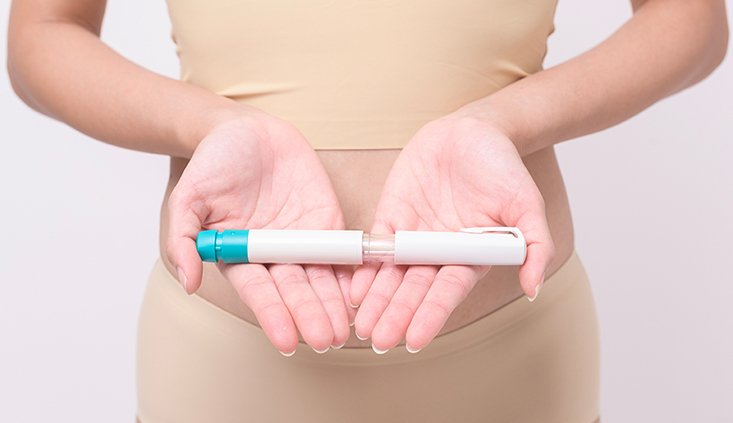Test Tube Baby Process
The term “Test Tube Baby” refers to a baby conceived through the medical procedure known as In Vitro Fertilization (IVF). In this process, an egg is fertilized by sperm outside the woman’s body, in a specialized laboratory setting. Once fertilization occurs, the resulting embryo is carefully nurtured for a few days before being transferred into the woman’s uterus to develop naturally. IVF has become a beacon of hope for couples struggling with infertility, offering them the chance to experience the joy of parenthood even when other treatments have failed. The procedure is highly advanced, safe, and widely used across the world.
Who Can Benefit from IVF?
IVF is recommended for couples and individuals facing a variety of fertility challenges. It is commonly advised in cases of blocked or damaged fallopian tubes, severe male infertility, ovulation disorders, unexplained infertility, and age-related decline in fertility. IVF is also an option for couples who have not succeeded with other treatments such as fertility medications or intrauterine insemination (IUI). Additionally, IVF can be used in cases requiring donor eggs or sperm, surrogacy, or genetic screening to avoid passing on certain hereditary conditions. Each treatment plan is customized based on the patient’s unique needs and medical history.


Step-by-Step IVF Procedure
The IVF process typically involves several key stages. First, the woman undergoes controlled ovarian stimulation through hormonal medication to produce multiple mature eggs. Once the eggs are ready, they are retrieved using a minor surgical procedure. Simultaneously, the male partner provides a semen sample, which is processed to select the healthiest sperm. Fertilization is carried out in the lab, either through conventional mixing or by directly injecting a single sperm into the egg (ICSI). The resulting embryos are monitored for growth and quality. Finally, one or more healthy embryos are transferred into the woman’s uterus, and a pregnancy test is done after two weeks to confirm success.
Advantages and Success Rates of IVF
IVF offers one of the highest success rates among fertility treatments, especially when performed by experienced specialists using the latest technologies. It allows couples to overcome various infertility causes and provides the opportunity to select the best-quality embryos for transfer. IVF also supports advanced techniques such as Preimplantation Genetic Testing (PGT) to detect genetic disorders before pregnancy. While success rates vary depending on age, medical conditions, and other factors, many couples achieve a healthy pregnancy after just one or two cycles. The emotional, physical, and financial investment is significant, but the outcome can be life-changing.

Our Expertise in IVF Care
We understand that the journey to parenthood can be emotionally challenging, which is why we provide compassionate, personalized care at every step. Our IVF program combines state-of-the-art laboratory facilities, experienced fertility specialists, and a supportive team dedicated to guiding patients with empathy and expertise. From the initial consultation to the final pregnancy test, we ensure that each patient feels informed, comfortable, and confident in their treatment plan. With our commitment to excellence and patient-focused approach, we strive to turn dreams of becoming parents into reality.
